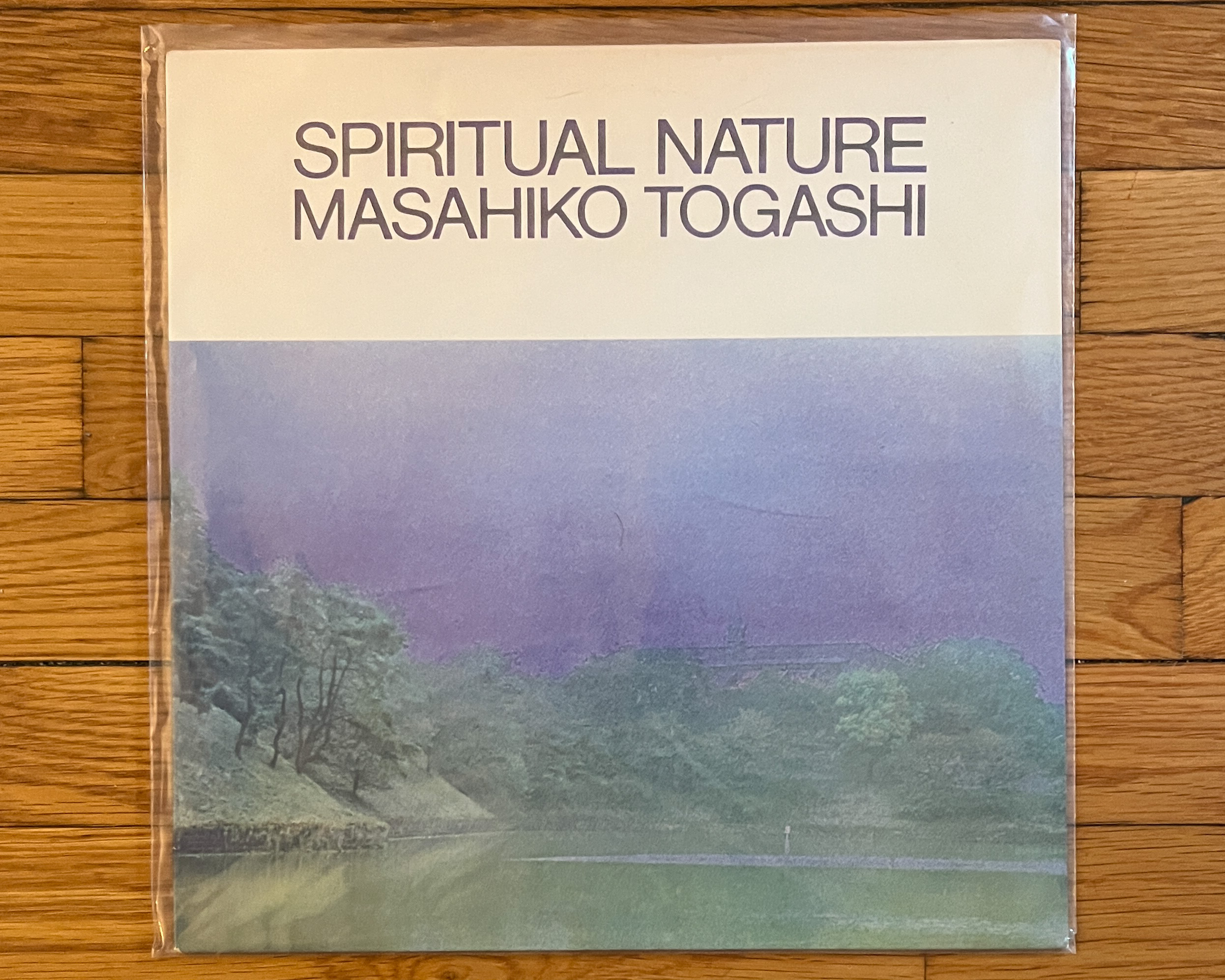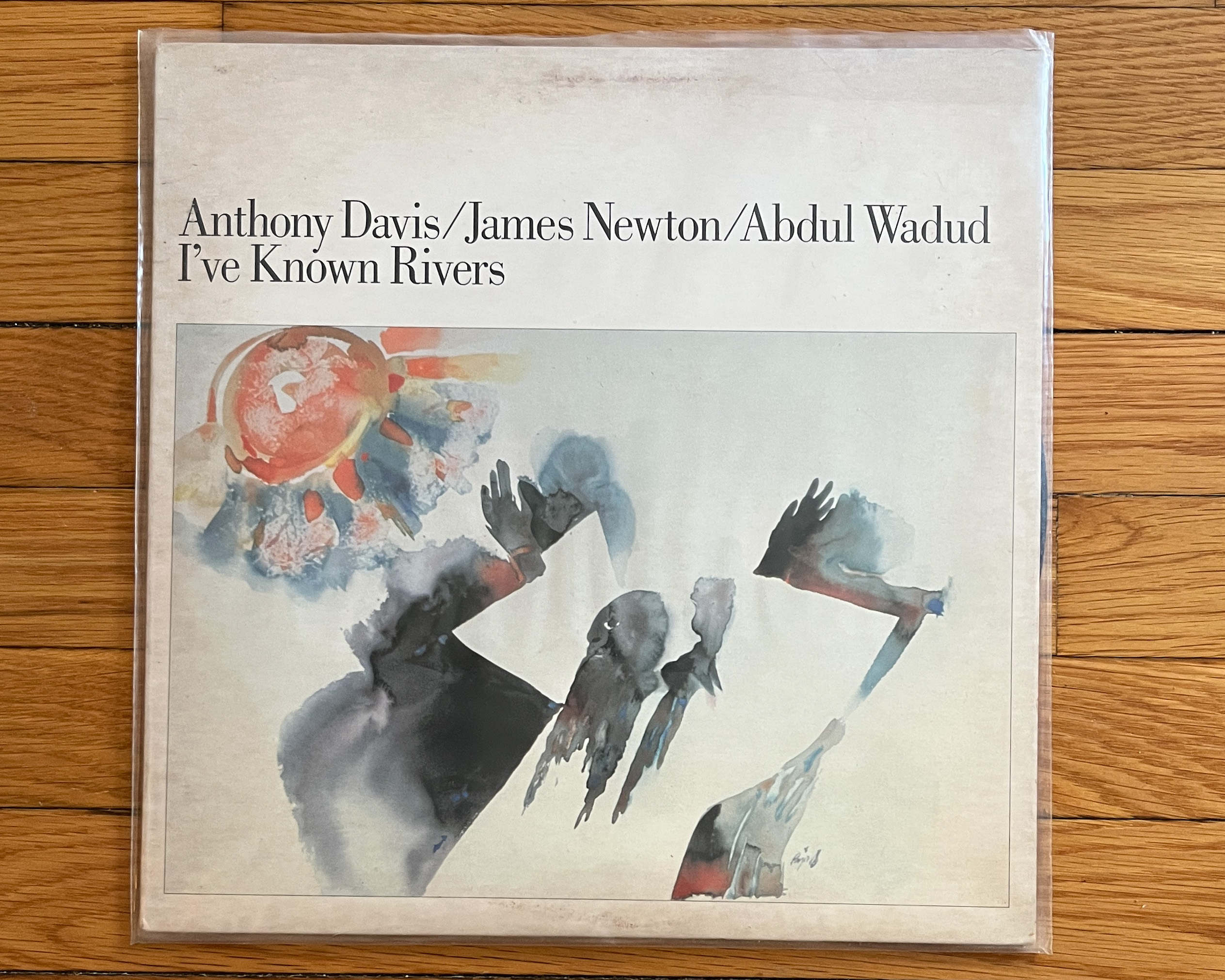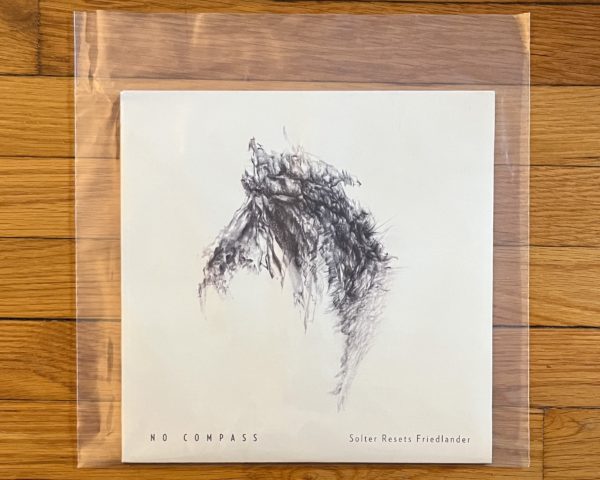- You’re probably reading the poem in a language you already know.
- You probably know all of the words in the poem, so in the most fundamental sense, you already understand it.
- If you don’t know all of the words in the poem, feel free to pause your reading to look the word or words up, or consult with someone who might know. The poem will be there when you return to it.
- You don’t owe the poem anything, not your time, not your understanding, and certainly not your affection. The poem owes you these things.
- You are a guest of the poem. If you are offended by your host, move on and don’t return. They will not change in your absence.
- The poem will not, as above, change in your absence. You, however, might, and so might revisit the poem someday to see how much or in what way or ways you have changed.
- The poem is indifferent to how you change while you’re away from it.
- The poem is concerned with how you change while you are reading it. This is not the chief concern of the poem. It is the only concern of the poem.
- Do not be seduced by the poem. It doesn’t mean you any harm, exactly, but it doesn’t know any better, either.
- Take a moment to reflect on your favorite lines. Write them down in your notebook. Use them in your own poem.
Jerome Cooper
🎵 Listening to Eye of I by James Brandon Lewis.
Masahiko Togashi
Kelan Phil Cohran and Legacy

African Skies, 2010.






